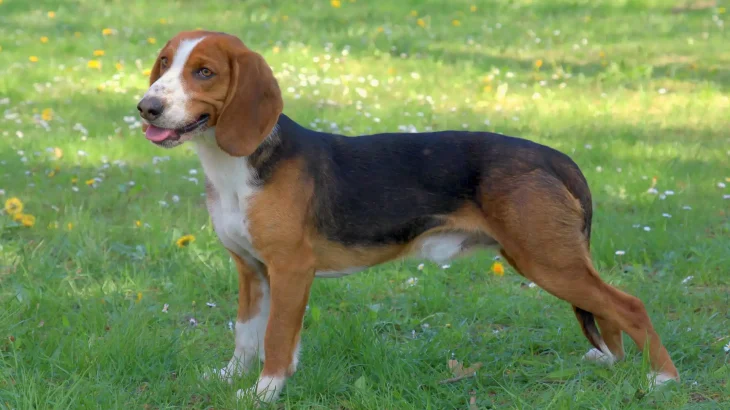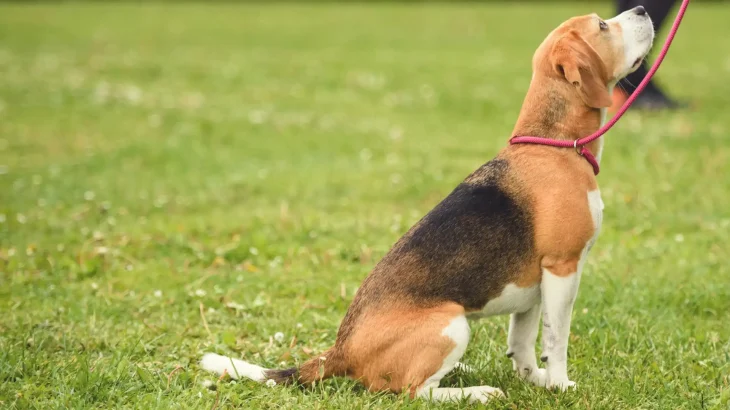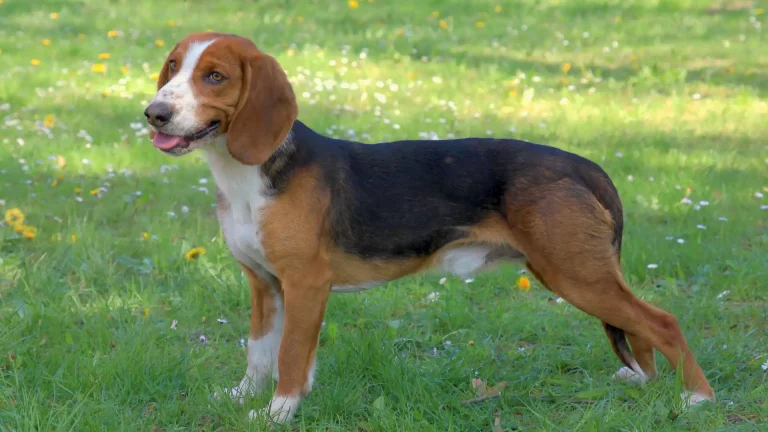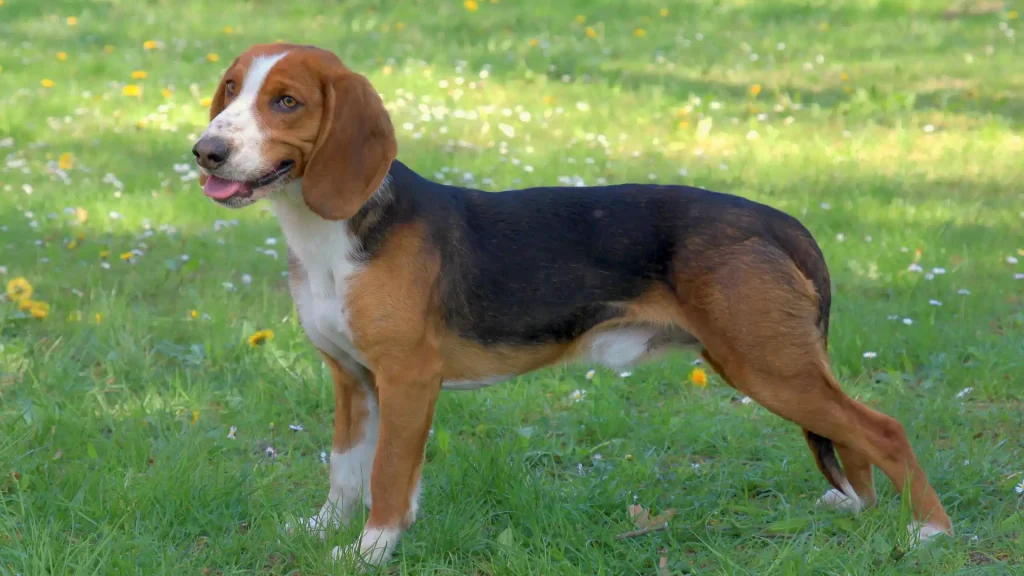Deciding between adopting or purchasing a Deutsche Bracke puppy involves weighing the benefits of a known pedigree and health background against the chance to provide a loving home to a dog in need. Each choice has unique advantages regarding breed purity and ethical considerations.
Adoption vs. Breeder: Pros & Cons
| Criteria | Buying from Breeder | Adopting from Shelter/Rescue |
|---|---|---|
| Cost | Usually higher due to pedigree and breeder expenses. | Lower fees, often more affordable. |
| Health History | Detailed records and possible genetic testing. | Health may be unknown but basic care provided. |
| Age Availability | Mostly puppies, allowing early training. | Varied ages, including adults. |
| Breed Purity & Pedigree | Purebred with documentation. | Purity may be uncertain. |
| Ethical Considerations | Supports responsible breeding if reputable. | Reduces shelter populations, saves lives. |
| Support & Return Policy | Often includes breeder support and return options. | Support varies; returns less common. |




















































